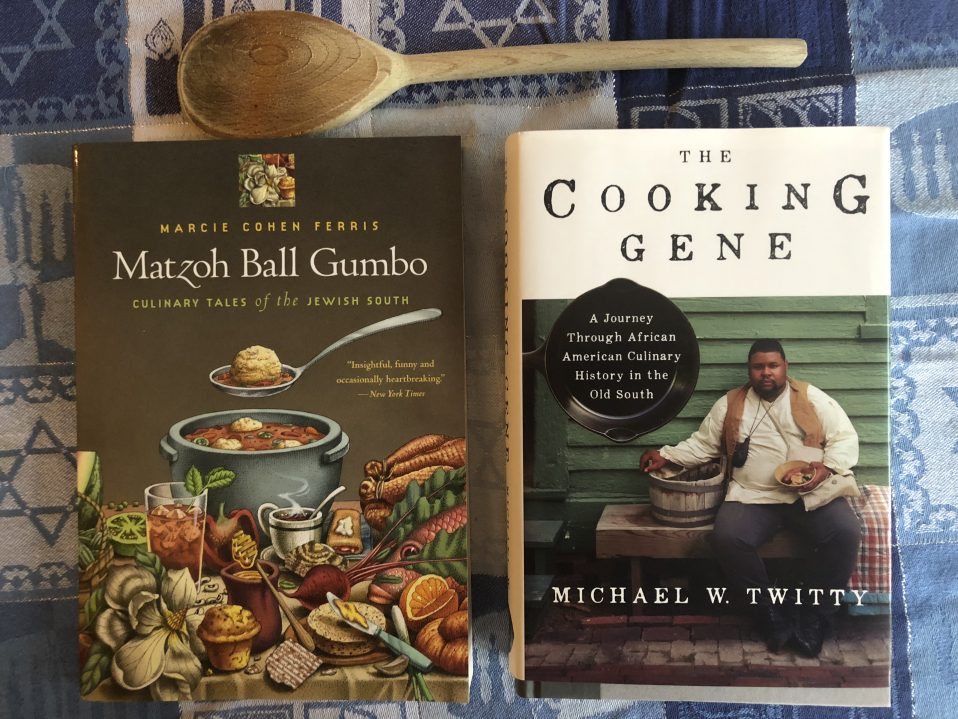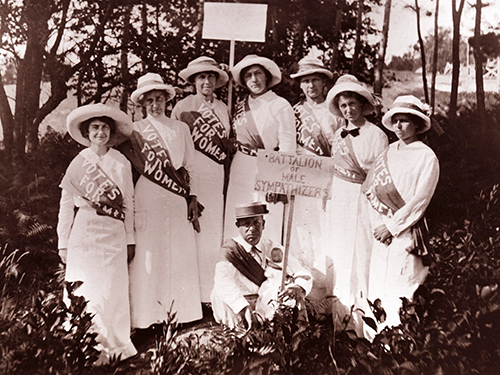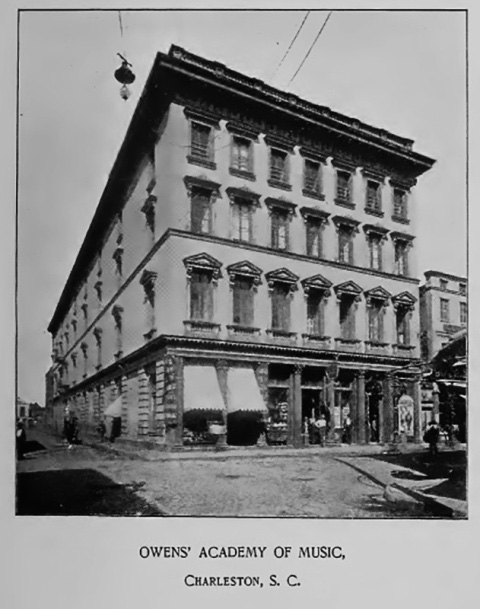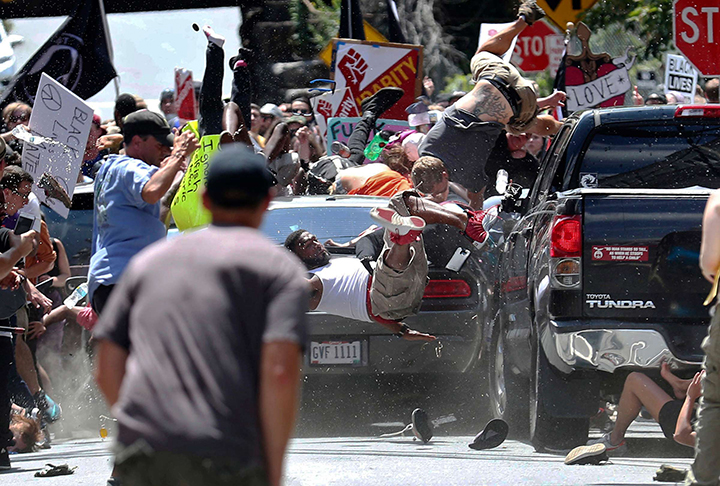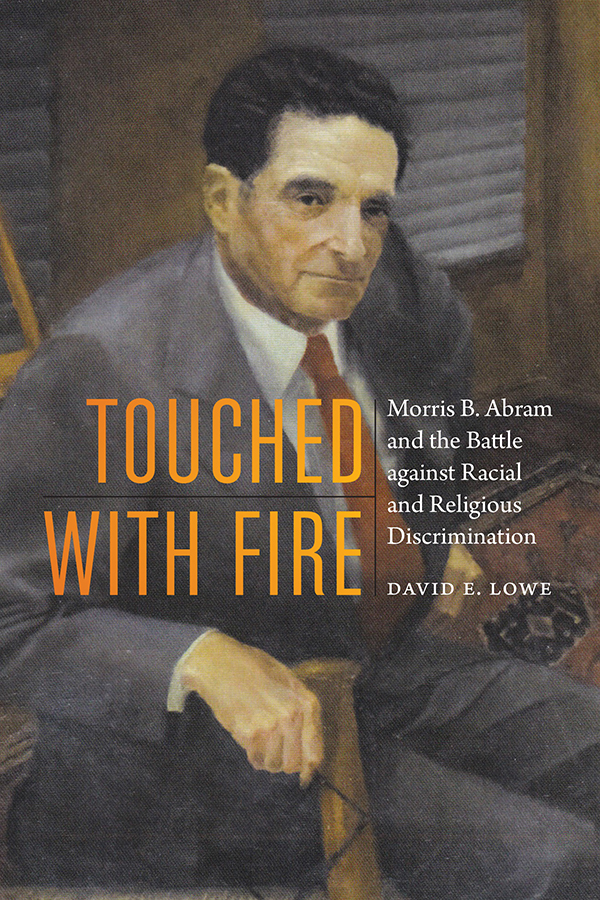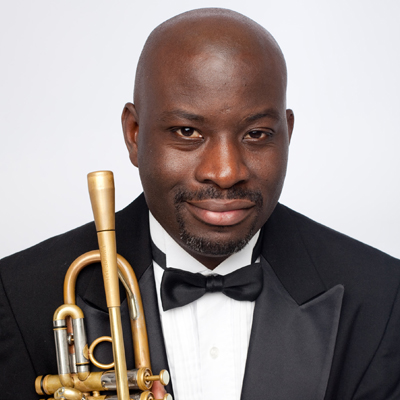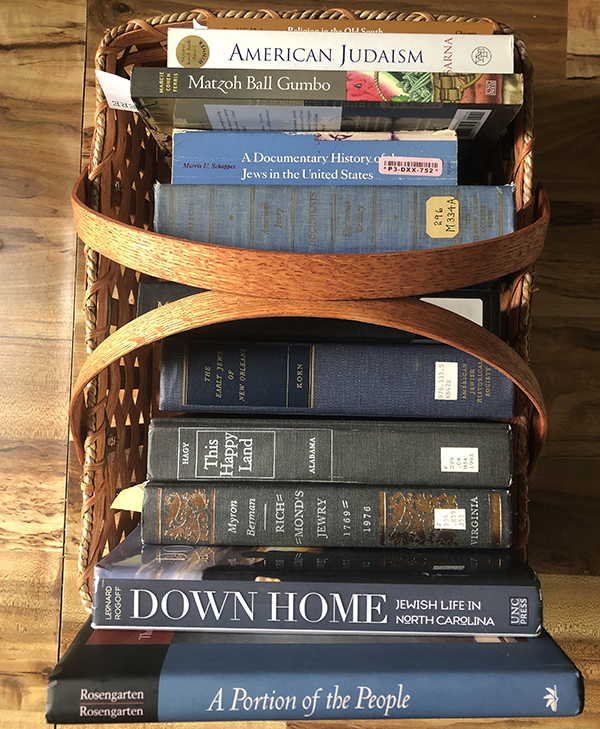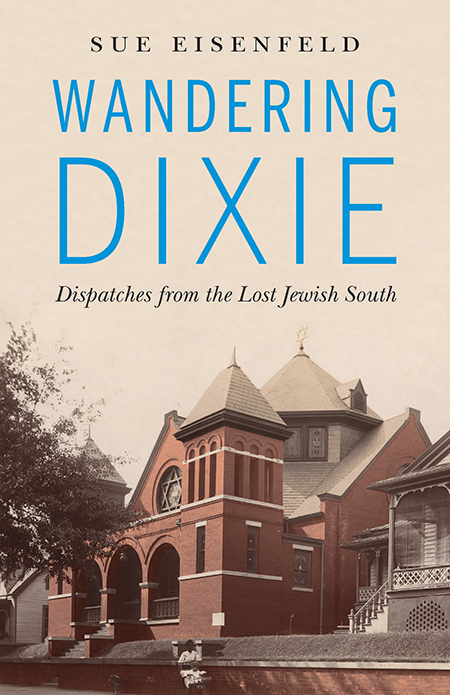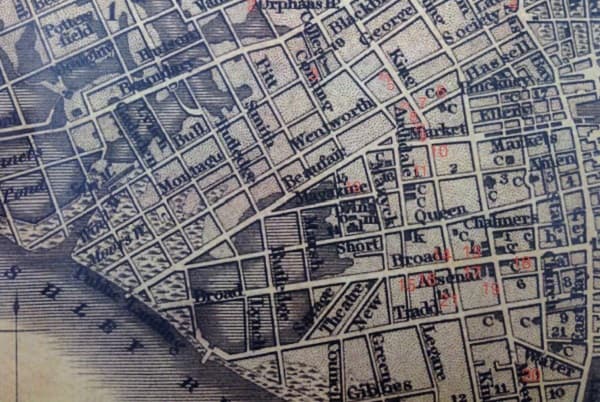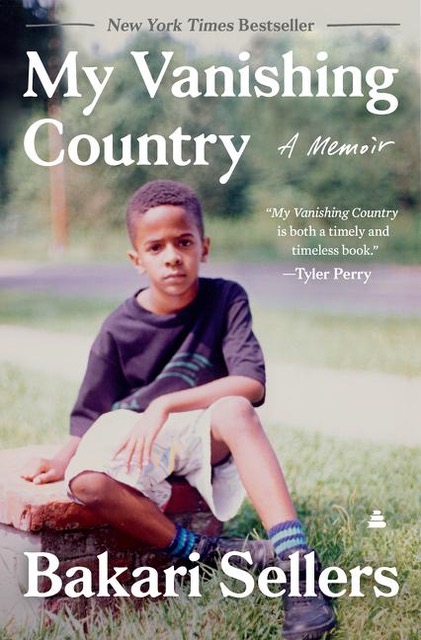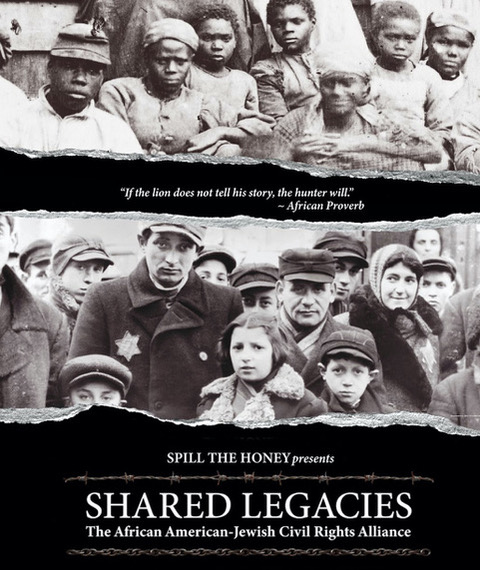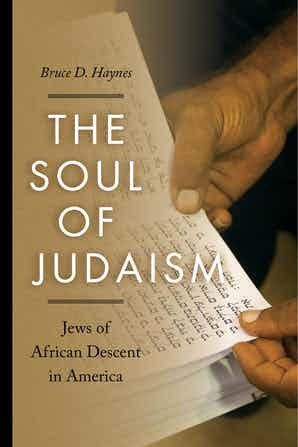My Food Is My Flag: A Conversation about Jewish, African American, and Southern Foodways
Simons Recital Hall 54 St. Philip Street, Charleston, SC, United StatesWhile food may seem simple, what people eat is shaped [...]
Capable of Arguing: Southern Jewish Women and Suffrage
Arnold Hall 96 Wentworth Street, Charleston, SC, United StatesSouthern Jewish women often played leading roles in local and state efforts to ratify the Nineteenth Amendment, whose centennial we celebrate in 2020. They were both Southern Ladies and New Women, fitting in to their societies as they challenged the southern conservative consensus. Women's vote impacted their lives not only in civil society but also in the synagogue. Our presenter, Leonard Rogoff, holds a doctorate from the University of North Carolina, where he directed the English Writing Laboratory.
Southern Circuits: Intersections of Race, Religion, and Ethnicity on the Nineteenth-Century Stage
SC, United StatesPhoto: Owens’ Academy of Music, Charleston, SC.
From “Memories of the Professional and Social Life of John E. Owens,” by his wife.
Professor Nathans’ Sunday brunch talk has been CANCELED due to current travel restrictions related to the coronavirus. The program may be rescheduled at a later date.
Charleston was a hub of theatrical activity from the colonial period until the early 20th century, as well as a significant site for Jewish and African American cultural encounters. Heather S. Nathans, chair of Tufts University’s Department of Theatre, Dance, and Performance Studies, will explore the ways Jews were depicted on southern stages.
Pursuing Justice: Fighting Hate with the Law
SC, United StatesWe regret to announce that “Pursuing Justice” has been canceled, along with all other College events in the next few weeks, due to precautions related to the coronavirus. We hope to reschedule at a later date. The “Unite the Right” rally and hateful attacks that struck Charlottesville, Virginia, in August 2017, served as a wakeup call for many Americans about dangers posed by the rise of white supremacists, neo-Nazis, and affiliated hate groups. Former Charlottesville Mayor Michael Signer and Amy Spitalnick, Director of Integrity First America, will discuss the aftermath of that attack and suggest strategies for combating violence based on racism, sexism, and antisemitism.
“Touched with Fire: Morris B. Abram and the Battle against Racial and Religious Discrimination” – A Sunday ‘Bring-your-own’ Bagels Brunch with author David E. Lowe
SC, United StatesMorris B. Abram (1918–2000) emerged from humble origins in a rural South Georgia town to become one of the leading civil rights lawyers in the United States during the 1950s. While unmasking the Ku Klux Klan and serving as a key intermediary for the release of the Rev. Martin Luther King Jr. from prison on the eve of the 1960 presidential election, Abram carried out a successful fourteen-year battle to end the discriminatory voting system in his home state which had entrenched racial segregation. The result was the historic “one person, one vote” ruling of the U.S. Supreme Court in 1963.
Body and Soul: An American Bridge, the Black-Jewish History of an American Song
SC, United StatesThe Charleston Jewish Filmfest, the Arts Management Program at the College of Charleston, and the Pearlstine/Lipov Center for Southern Jewish Culture present
A FREE film screening and discussion of the acclaimed jazz documentary Body and Soul: An American Bridge, the Black-Jewish History of an American Song
• BODY AND SOUL will be available for screening between Monday, October 12 and Thursday, October 15, 2020.
• DISCUSSION of the film and the history of jazz in Charleston with Dr. Karen Chandler and Charlton Singleton takes place on Thursday, October 15, 2020 at 7:00 p.m.
Revisiting Southern Jewish History 2020
Award-winning scholar Dr. Shari Rabin, formerly assistant professor in the College of Charleston’s Jewish Studies Program and Director of the Pearlstine/Lipov Center for Southern Jewish Culture, returns for a discussion about southern history with Dr. Adam Domby, Assistant Professor of History, in light of current events. Registration link here. Facebook link here.
Charleston Jewish Bookfest Presents: Wandering Dixie, Dispatches from the Lost Jewish South, by Sue Eisenfeld
In Wandering Dixie: Dispatches from the Lost Jewish South, Sue Eisenfeld uncovers how the history of Jewish southerners converges with her personal story and the region's conflicted present. Join the author and moderators Dale Rosengarten and Rachel Barnett as they discuss the unexpected ways that race, religion, and hidden histories intertwine. Registration link here. Facebook link here.
Taking it to the Streets: Map Making in the Digital Era
Join historian Marni Davis (Georgia State University) and author Harlan Greene (College of Charleston) as they discuss their digital map making projects in Atlanta, Georgia and Charleston, South Carolina. These modern digital maps reveal the hidden histories of the cities they chart.
My Vanishing Country: A Memoir by Bakari Sellers
Please join us for a book talk with former state congressman, CNN political analyst, and author Bakari Sellers. Seller’s recent memoir, My Vanishing Country (2020), tells a story of two generations. He traces his father’s rise to become a civil rights hero, as well as his own childhood growing up in Denmark, South Carolina. In his book, he addresses the plight of the South's dwindling rural, black working-class, many of whom can trace their ancestry back seven generations. My Vanishing Country: A Memoir is Seller’s first book and has received critical acclaim.
Shared Legacies
Film: Shared Legacies revisits the coalition and friendship between the Jewish and African-American communities during the1960s Civil Rights Movement. Pivotal events come alive through a treasure trove of archival materials narrated by eyewitnesses, activists, and leaders of the movement.
“The Soul of Judaism: Jews of African Descent in America”
– A Conversation with Dr. Bruce D. Haynes
Join University of California, Davis Professor Bruce D. Haynes for a look into the diverse origins of Jews of African descent in the United States. Dr. Haynes’s most recent book explores the full diversity of Black Jews, including bi-racial Jews of both matrilineal and patrilineal descent; adoptees; black converts to Judaism; and Black Hebrews and Israelites, who trace their Jewish roots to Africa. In doing so, he challenges the dominant western paradigm of Jews as white and of European descent, and offers insights into how Black Jewish individuals strive to assert their dual identities and find acceptance within their respective communities.


